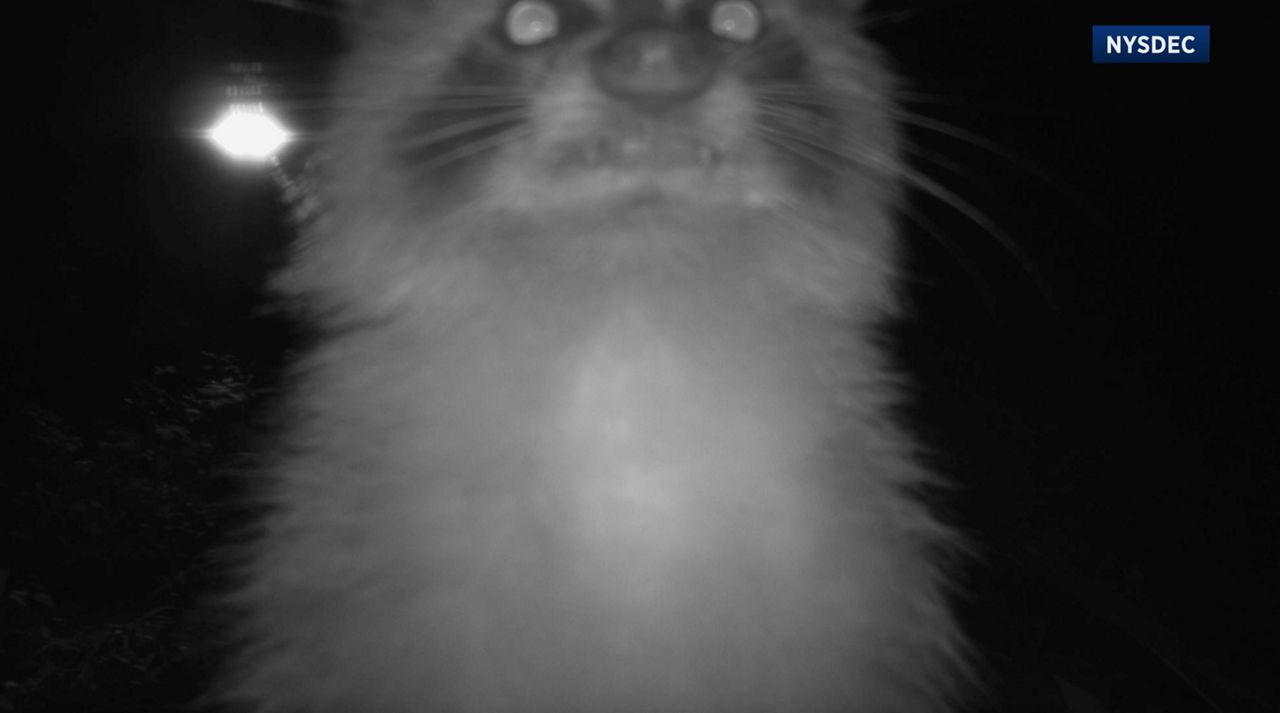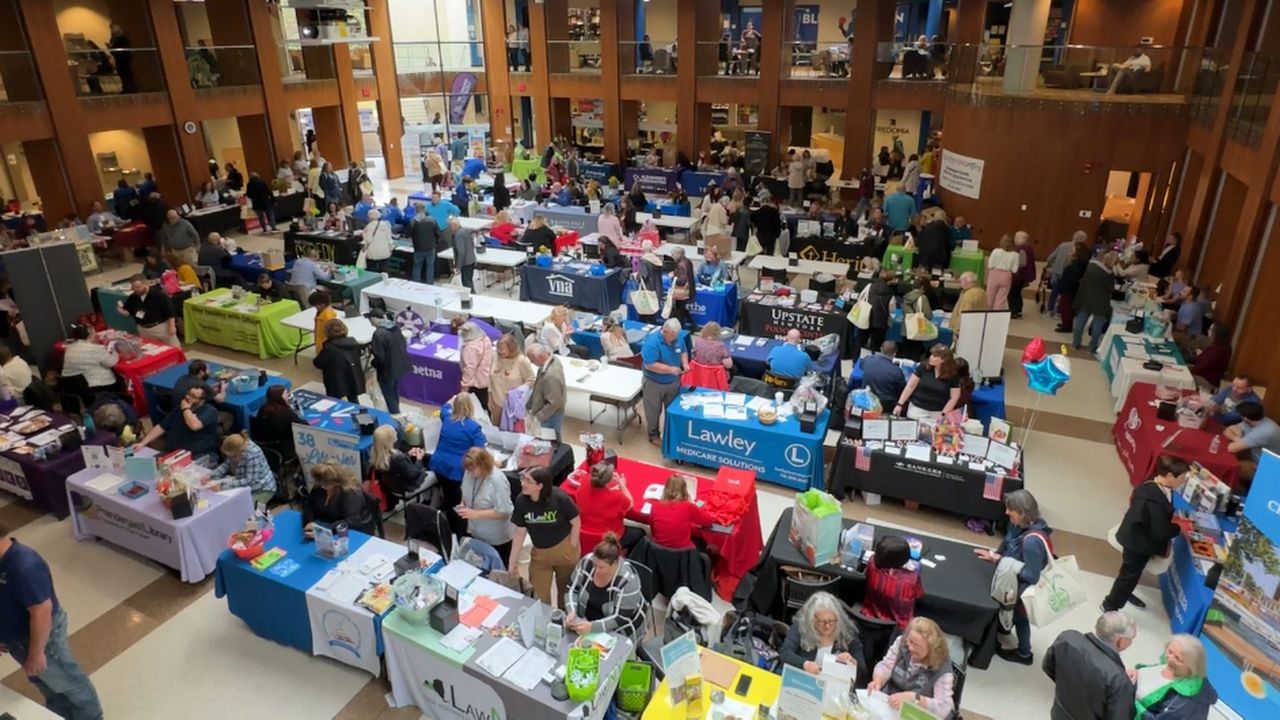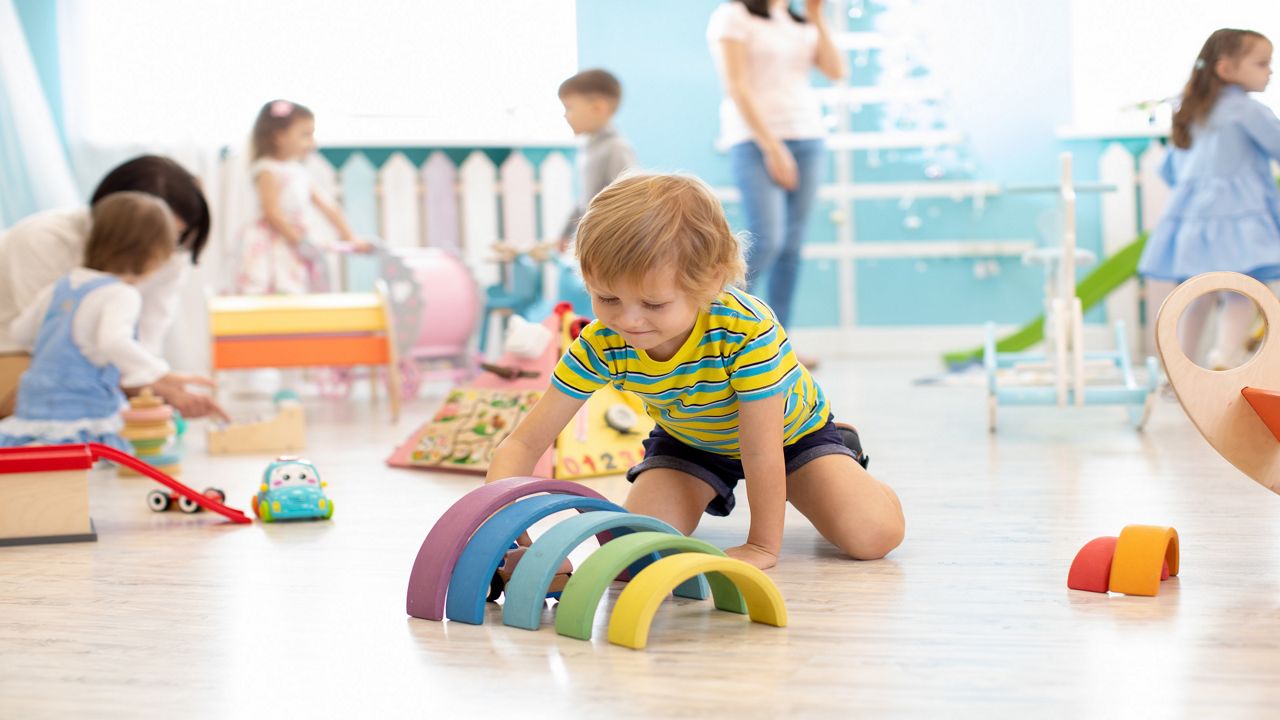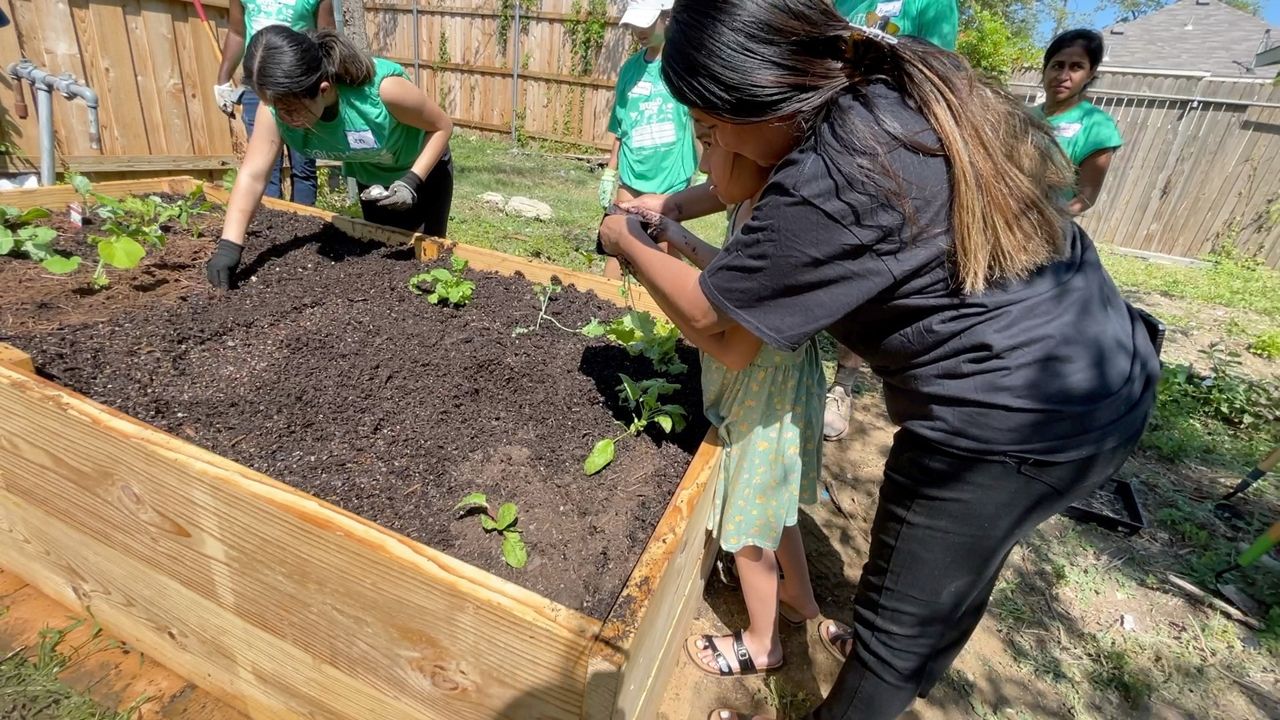BUFFALO, N.Y. — The photo on this story shows roughly 1,000 unauthorized vaping devices confiscated from students. It’s part of a study underway by Roswell Park Comprehensive Cancer Center and upstate schools. They’re studying the devices to see what’s exactly in them.
This past Saturday marked World No Tobacco Day. A big part of the effort is unmasking the appeal, especially when it comes to students.
Vaping is legal, but the confiscated devices are considered unauthorized because those products are not authorized by the FDA. They are marketed toward youth and are coming from overseas. More are coming in that contain cannabis. Yes, weed is also legal in New York, but the concentrations are dangerous.
Researchers at Roswell Park in Buffalo are part of the World Health Organization’s effort to unmask the appeal.
Researchers are finding vapes are more appealing to teens than ever. They’ve collected 2,000 vapes so far from the 35 schools with which they work to get these results. Early generations of these devices only had a few milligrams of nicotine. Now, they’re seeing some with up to 50 milligrams.
“So not only are they highly concentrated, but there's more of it," said Michelle Page, BA senior research specialist at Roswell Park Comprehensive Cancer Center. "So if you consider like a PeakBar [brand of vaping device], which we're seeing a lot of now in the schools, this is equivalent to roughly the same amount of nicotine of eight packs of cigarettes.”
Page said it's the flavoring that’s causing damage as well. Even flavors like cinnamon are dangerous in liquid form.
It’s an uphill battle for educators who are working to combat the rising problem.
“They're not able to gather the information in the education that we're providing for them because they're stunting their development," said Diamonique Pettway, director of community engagement, marketing and events at Health Sciences Charter School. "When these students are using these products, a lot of times, it's not because they want to. It's because their brain is literally telling them that they need this product.”
Pettway says at Health Sciences Charter School, once the vape is confiscated, a social worker gets involved and the kids get educated. She says parents need to realize the impacts. Some are helping kids get the products or letting their children use them. For students, they make their own pleas to their peers.
“Don't do it," said Marquist Savannah Davidson, a junior at Health Sciences Charter School. "Don't do it; it's bad. It can do a lot of things to your body that you don't really know, [and] puts a lot of chemicals [into your body].”
There are still a lot of unknowns when it comes to vaping and the impact it has on the body.
The environmental impact of the juices and the cartridges is also being studied. Some communities have ways to properly dispose of them, but the majority do not.











